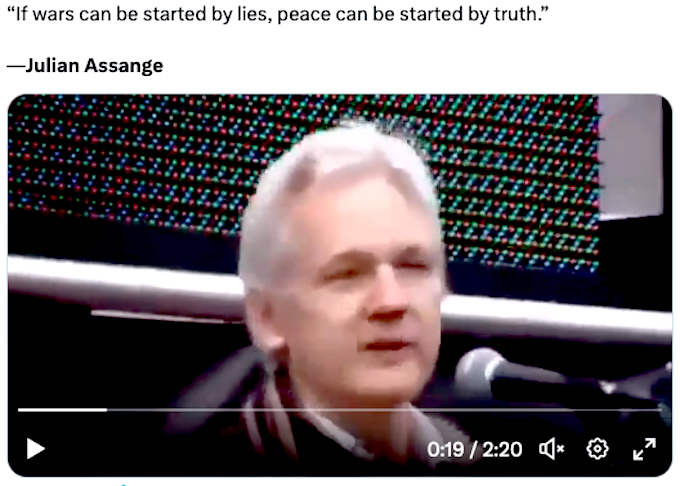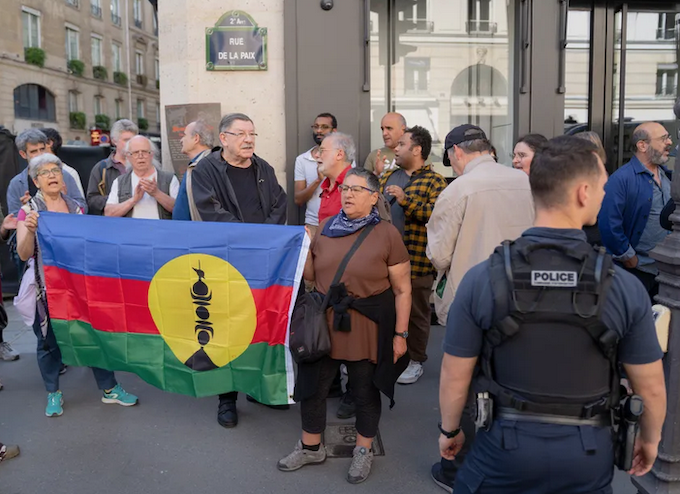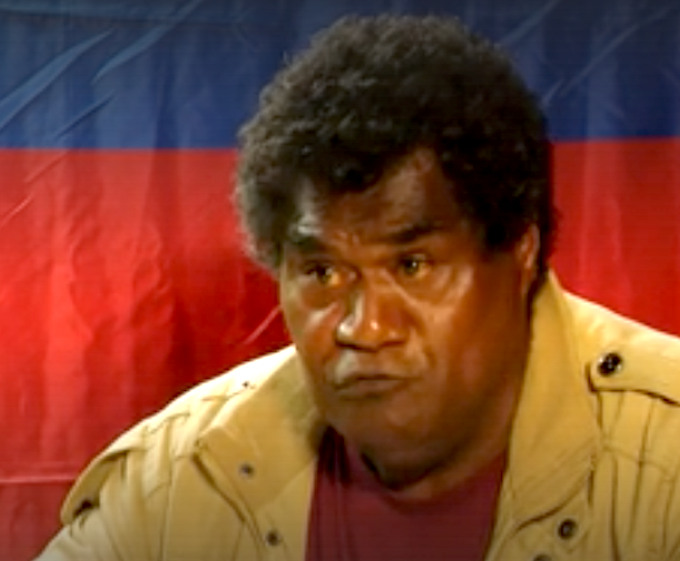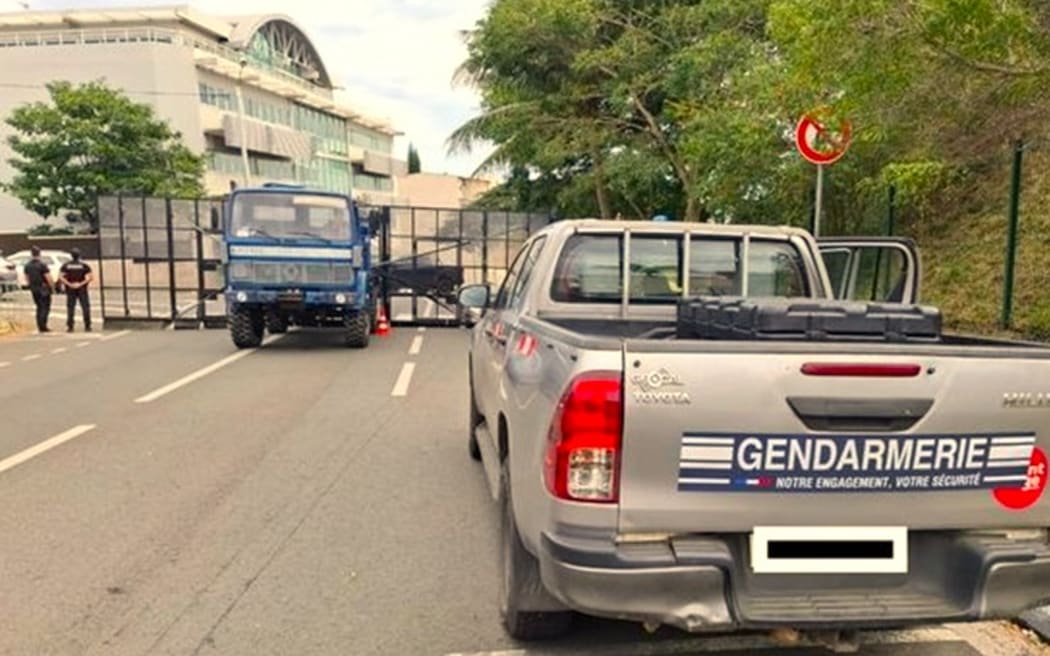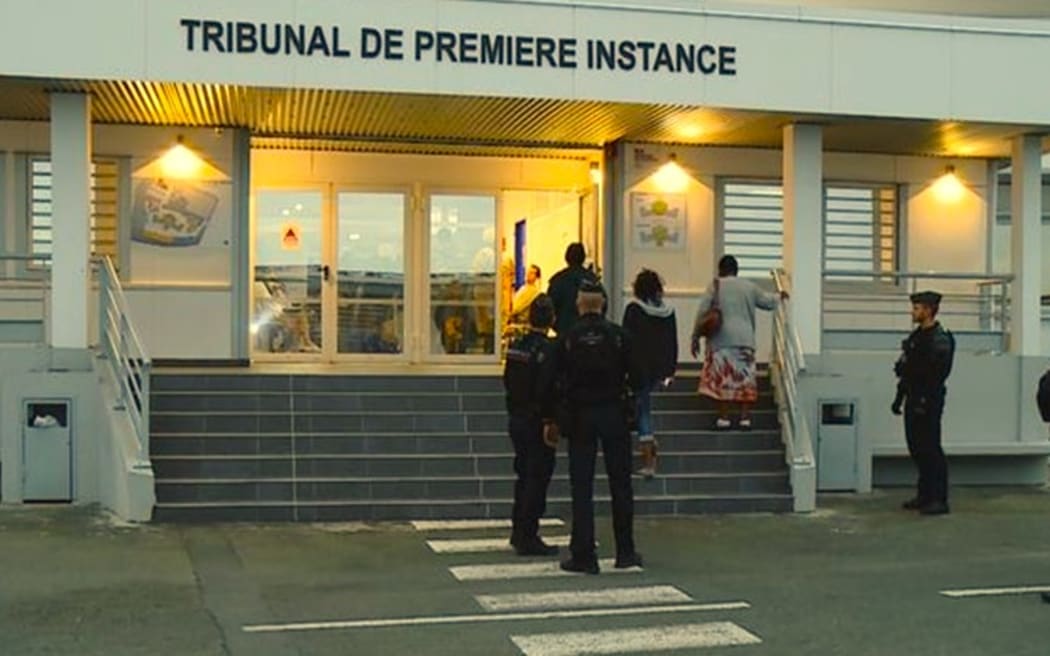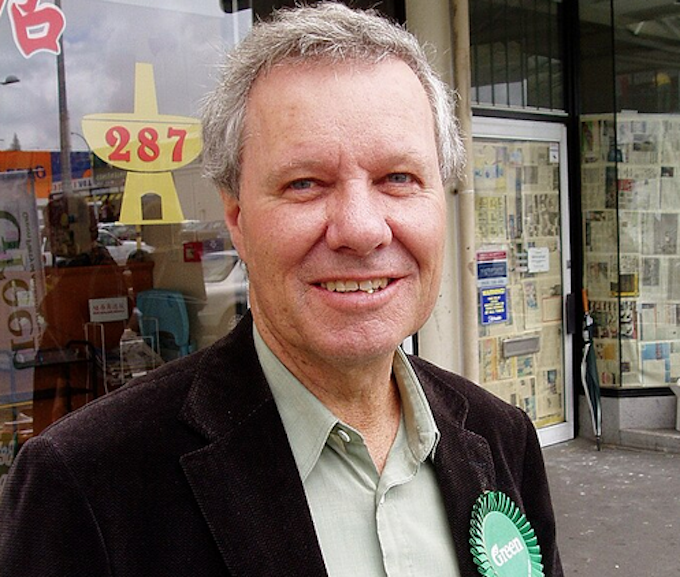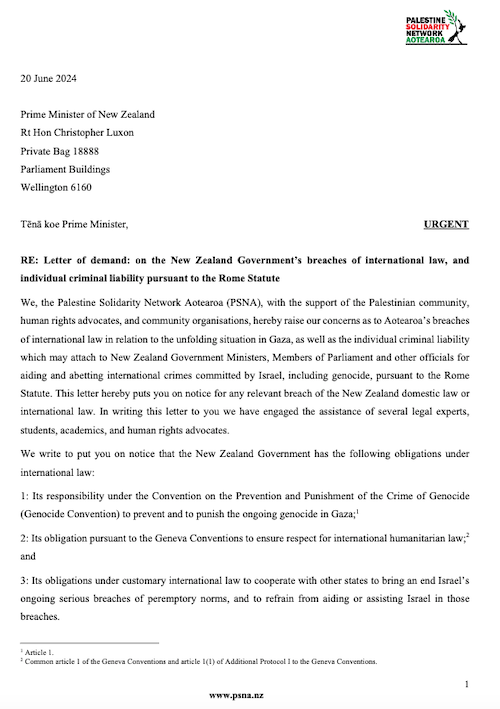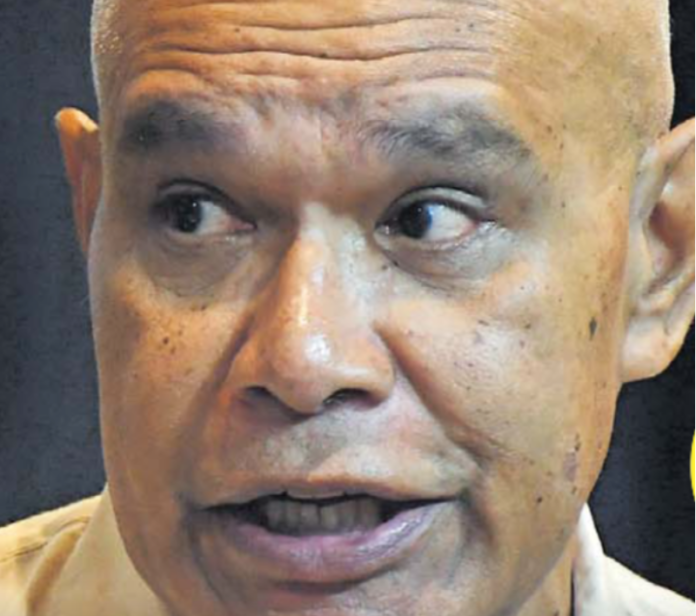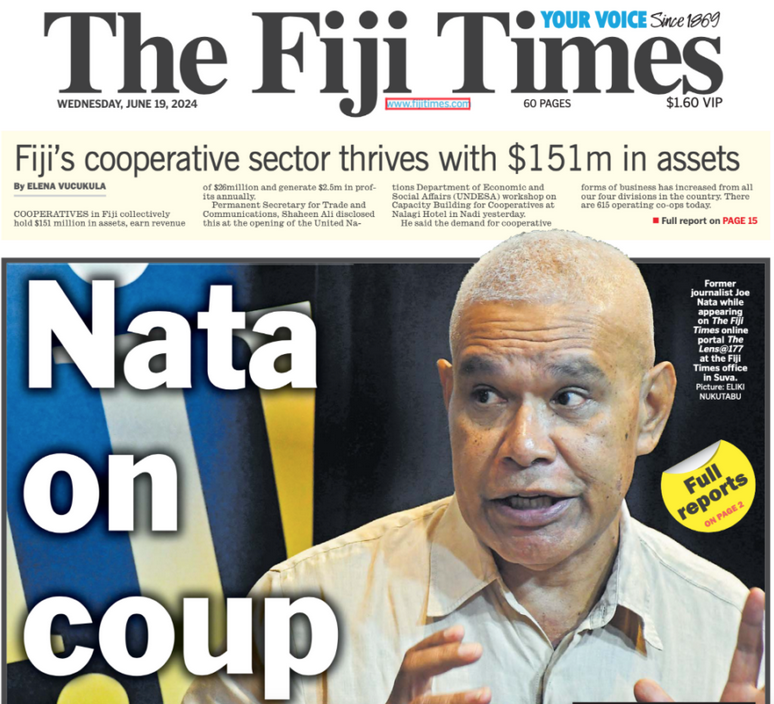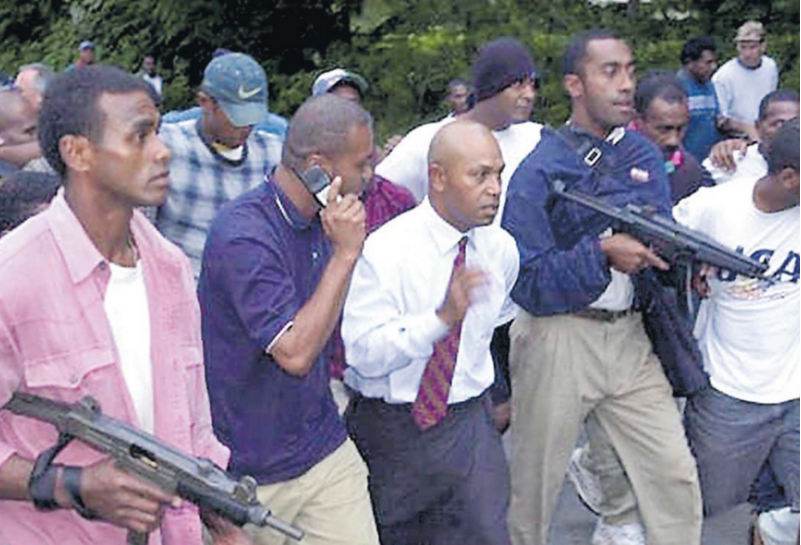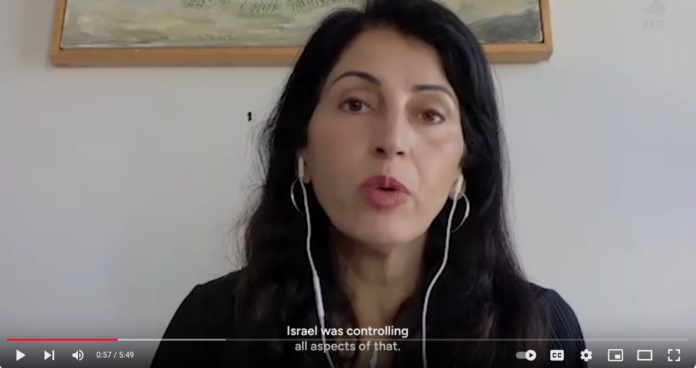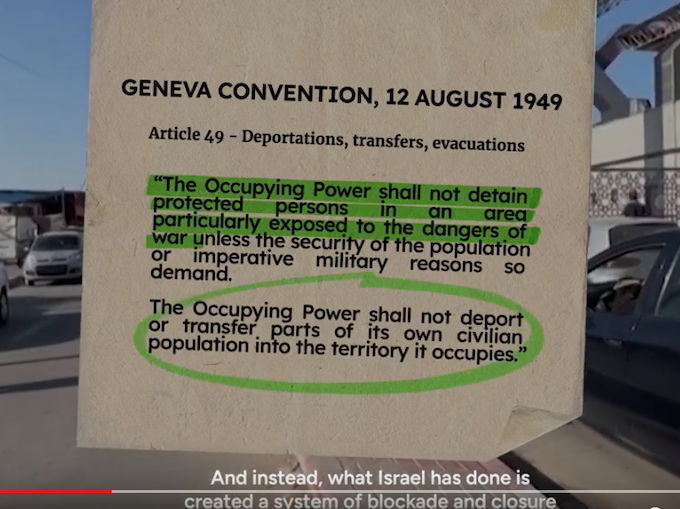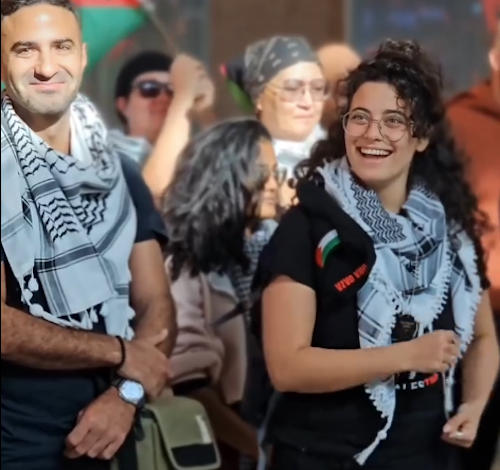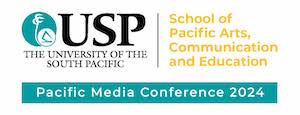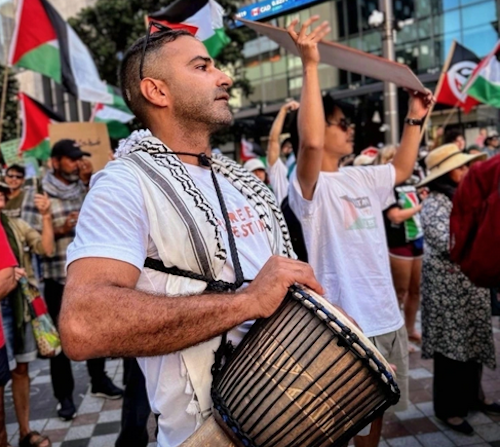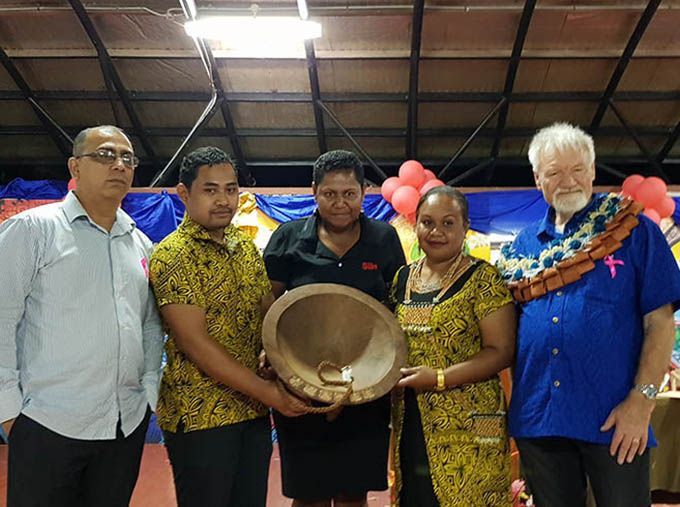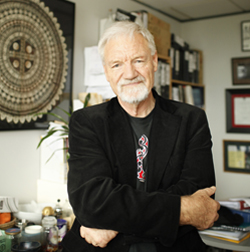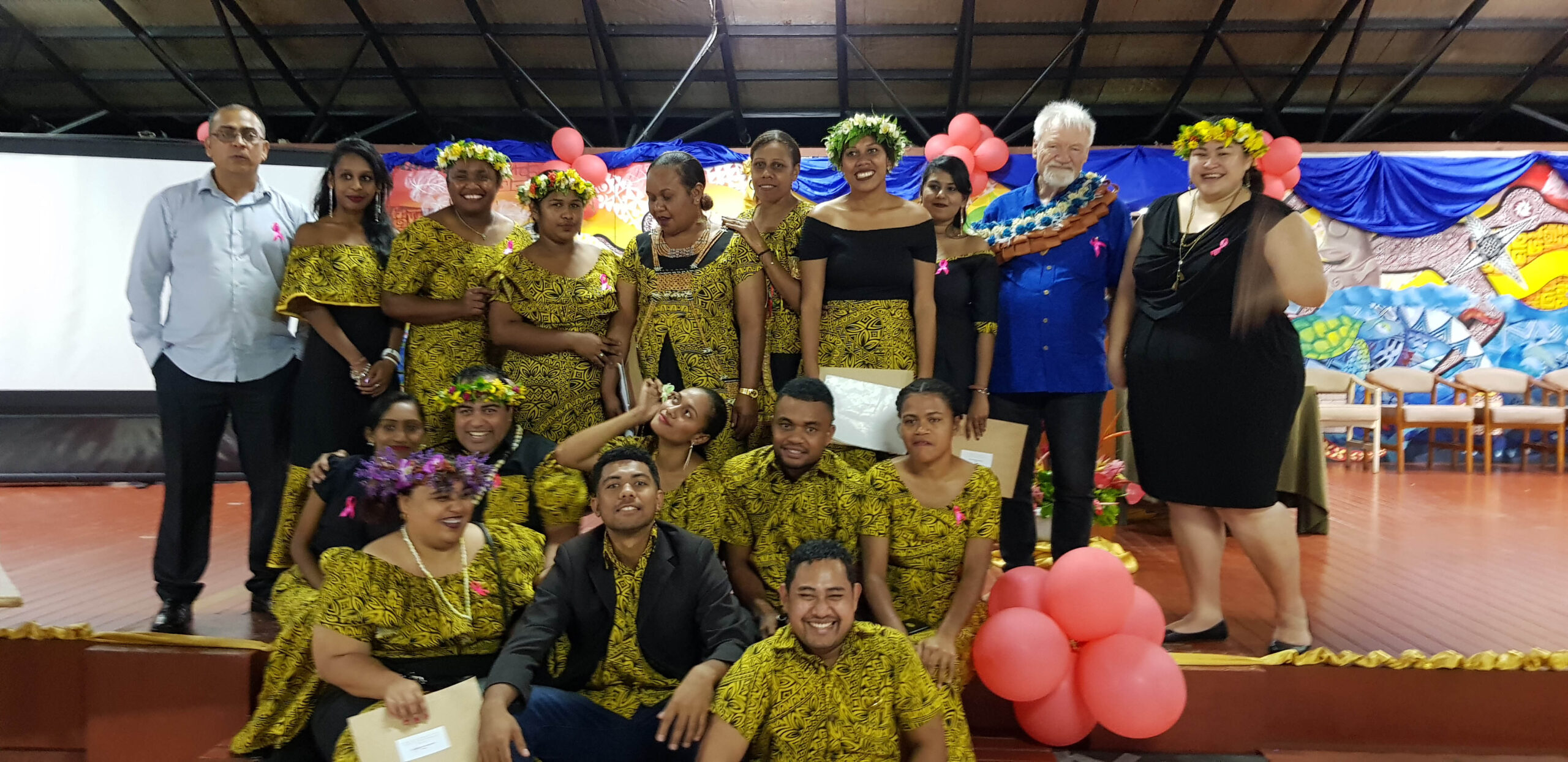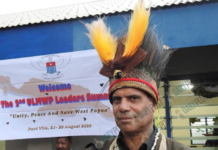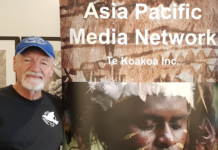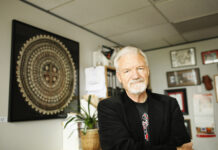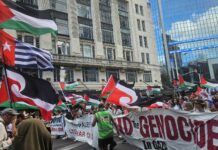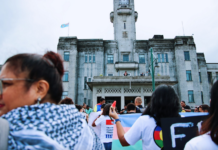COMMENTARY: By Caitlin Johnstone
Julian Assange is free. He is en route to Australia after appearing in court in Saipan, capital of Northern Mariana Islands, a remote US territory in the western Pacific where he pleaded guilty to a single charge of espionage as part of a deal with the US Justice Department.
He is now returning to his home country of Australia a free man.
Shortly after the guilty plea, WikiLeaks shared the flight schedule for his onward flight showing the aircraft arriving in Canberra in Australia at 6.41pm today.
- LISTEN TO A READING: Read by Tim Foley
- WikiLeaks founder Assange hearing ‘significant’ for Pacific island Saipan – RNZ Pacific/APR
- Other Julian Assange articles
Importantly, according to experts I’ve seen commenting on this astonishing latest development it doesn’t appear that his plea deal will set any new legal precedents that will be harmful to journalists going forward.
Joe Lauria reports the following for Consortium News:
“Bruce Afran, a US constitutional lawyer, told Consortium News that a plea deal does not create a legal precedent. Therefore Assange’s deal would not jeopardise journalists in the future of being prosecuted for accepting and publishing classified information from a source because of Assange’s agreeing to such a charge.”
I’ve obviously got a lot of big feels about all this, having followed this important case so closely for so long and having put so much work into writing about it. There’s so very, very much work to be done in our collective struggle to liberate the world from the talons of the imperial murder machine, but I am overjoyed for Assange and his family, and it feels good to mark a solid win in this fight.
None of this undoes the unforgivable evils the empire inflicted in its persecution of Julian Assange however, or reverses the worldwide damage that has been done by making a public example of him to show what happens to a journalist who tells inconvenient truths about the world’s most powerful government.
So while Assange may be free, we cannot rightly say that justice has been done.
Justice would look like Assange being granted a full and unconditional pardon and receiving millions of dollars in compensation from the US government for the torment they put him through by his imprisonment in Belmarsh beginning in 2019, his de facto imprisonment in the Ecuadorian embassy beginning in 2012, and his jailing and house arrest beginning in 2010.
Justice would look like the US making concrete legal and policy changes guaranteeing that Washington could never again use its globe-spanning power and influence to destroy the life of a foreign journalist for reporting inconvenient facts about it, and issuing a formal apology to Julian Assange and his family.
Judge asked Assange what Assange did to constitute crime charged: “Working as a journalist I encouraged my source to provide information that was said to be classified in order to publish that information. I believe that the First Amendment protected that activity… “
— Thomas Mangloña II (@thomasreporting) June 26, 2024
Justice would look like the arrest and prosecution of the people whose war crimes Assange exposed, and the arrest and prosecution of everyone who helped ruin his life for exposing those crimes. This would include a whole host of government operatives and officials across numerous countries, and multiple US presidents.
Justice would look like a hero’s welcome and a hero’s honours from Australia upon his arrival, and a serious revision of Canberra’s obsequious relationship with Washington.
Justice would look like formal apologies to Assange and his family from the editorial boards of all the mainstream press outlets which manufactured consent for his vicious persecution — including and especially The Guardian — and the complete destruction of the reputations of every unscrupulous “presstitute” who helped smear him over the years.
#JulianAssange is Finally Free.
This video is why he was imprisoned. For revealing the brutality of the American empire of evil in #Iraq.
And this is how Hillary *the assassin* Clinton wanted to get rid of him👇🏻 pic.twitter.com/71k2Z299l7
— Marwa Osman || مروة عثمان (@Marwa__Osman) June 25, 2024
If these things happened, then we could perhaps argue that justice has been served to some extent.
As it stands all we have is the cessation of one single act of depravity by an Empire who’s only backing off to make room for newer, more important depravities. We all still live under a globe-spanning power structure which has shown the entire world that it will destroy your life if you expose its criminality, and then stand back and proudly call this justice.
So I personally think I’m just going to take this one small victory in stride with a quick “thank you” to the heavens and get back to work. There is still so much to do, and vanishingly little time to do it.
The fight goes on.
Caitlin Johnstone is an independent Australian journalist and poet. Her articles include The UN Torture Report On Assange Is An Indictment Of Our Entire Society. She publishes a website and Caitlin’s Newsletter. This article was first published here and is republished under a Creative Commons licence.


